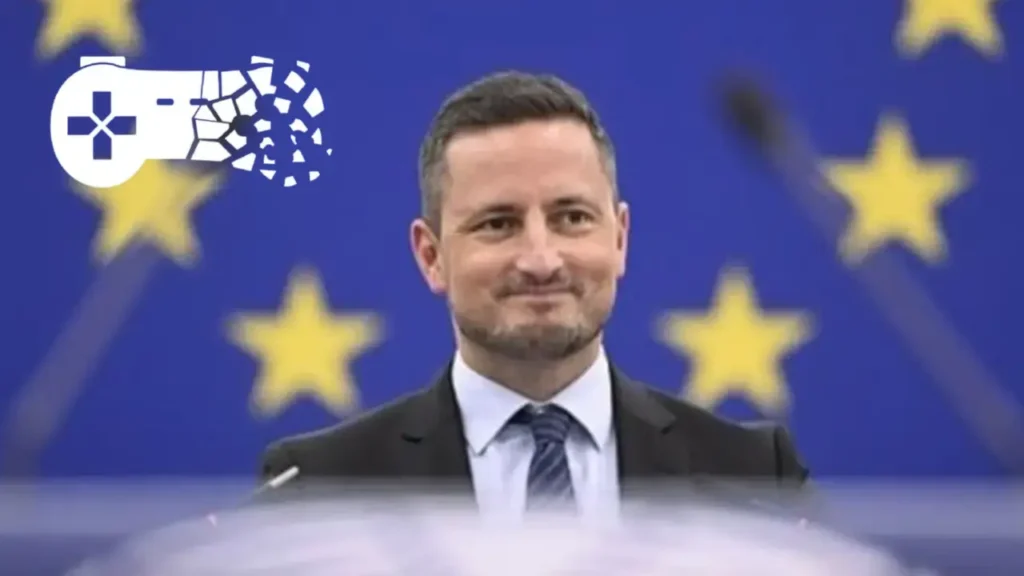
The Stop Killing Games movement has secured its most influential supporter yet — Nicolae Ștefănuță, Vice President of the European Parliament, who publicly announced his endorsement via social media. His statement represents a powerful political shift toward recognizing gamers’ digital rights and the need for legislative protection against the growing trend of game shutdowns.
The Origins of the Movement
The movement began in 2024 when YouTuber Ross Scott launched a public campaign protesting the delisting of Ubisoft’s The Crew, a popular racing game rendered unplayable after servers were taken offline. The campaign quickly evolved into a broader push to preserve online games and ensure that purchased titles remain accessible to players, regardless of server status. The initiative has since gone viral, fueled by community support, gaming forums, and digital preservation advocates. Its central demand is simple: If a customer buys a game, they should be able to play it — permanently.
A Political Endorsement That Matters
Now, the movement has reached a significant milestone. On Instagram, Nicolae Ștefănuță declared his support for the cause and confirmed that he had signed the ongoing European Union petition related to the campaign.
“I stand with the people who started this citizen initiative,” Ștefănuță wrote. “I signed and will continue to help them. A game, once sold, belongs to the customer, not the company.”
The official Stop Killing Games Bluesky account shared a screenshot of the post, applauding the show of support from such a high-ranking EU official.
Why It Matters
Ștefănuță’s endorsement not only gives the campaign legislative credibility, but also raises the stakes for publishers. The European Parliament has the authority to push for digital ownership protections, consumer rights policies, and even propose measures requiring companies to offer offline access or source code releases when multiplayer servers go offline.
The move is already sparking discussions in tech and gaming communities across Europe. Advocates hope this will lead to binding legal frameworks ensuring that games can’t simply be deleted from existence after a corporate decision.
The Road Ahead
As the Stop Killing Games petition gains signatures across the EU, attention is now shifting to whether lawmakers will propose formal consumer protection reforms. Meanwhile, grassroots momentum continues to grow — and with an EU Vice President in its corner, the movement has never been stronger.
Stay tuned as gamers, lawmakers, and developers confront one of the most urgent digital ownership issues of our time.